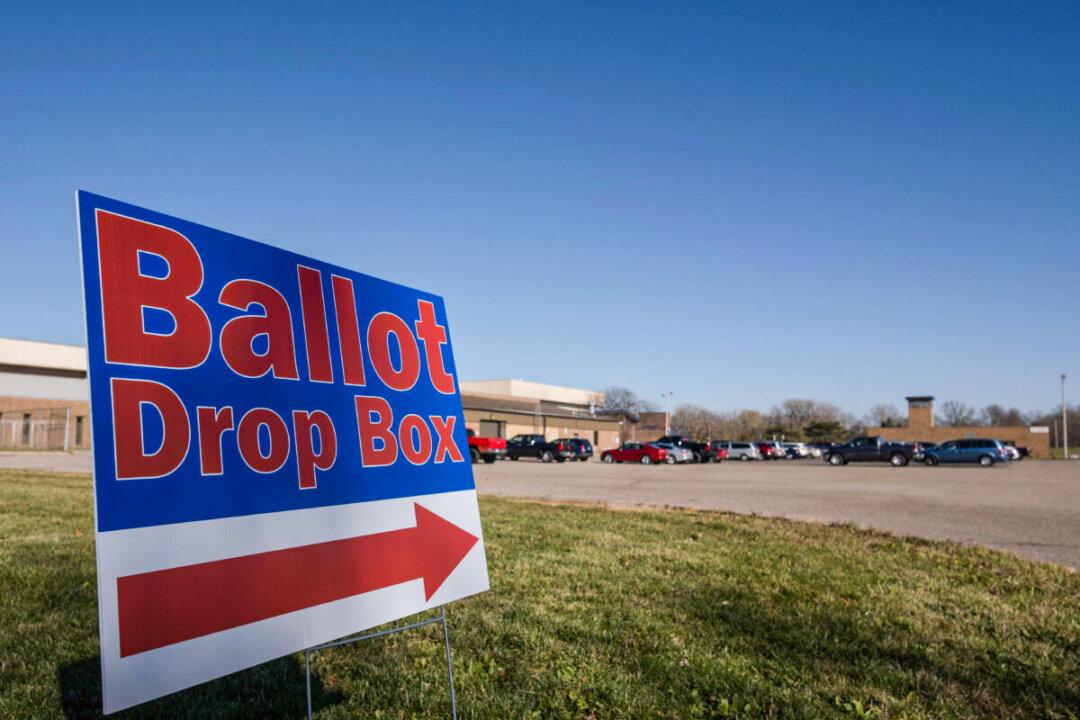A group in Michigan called Promote the Vote wants to make private funding of elections, early voting, and the use of ballot drop boxes part of the state’s Constitution.
The proposed constitutional amendment reads in part, “A county, city, or township conducting an election may accept and use publicly-disclosed charitable donations and in-kind contributions to conduct and administer elections.”





